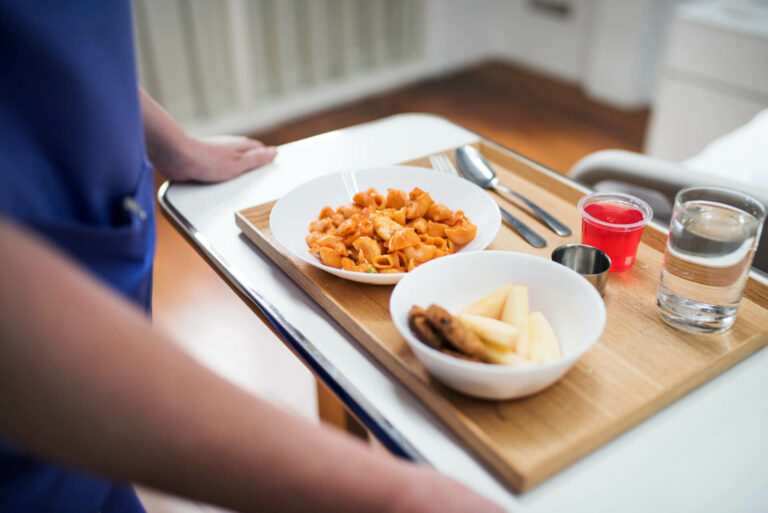6+1 Actually Useful Gifts for Bedridden Patients
Being bedridden is a form of immobility. Bedbound patients are unable to stand up or even sit up. People who spend prolonged periods in bed have to face a lot of changes. One of them is the psychological stress that comes from dealing with the unpleasant feeling of boredom. Thoughtful gifts can bring comfort to…










